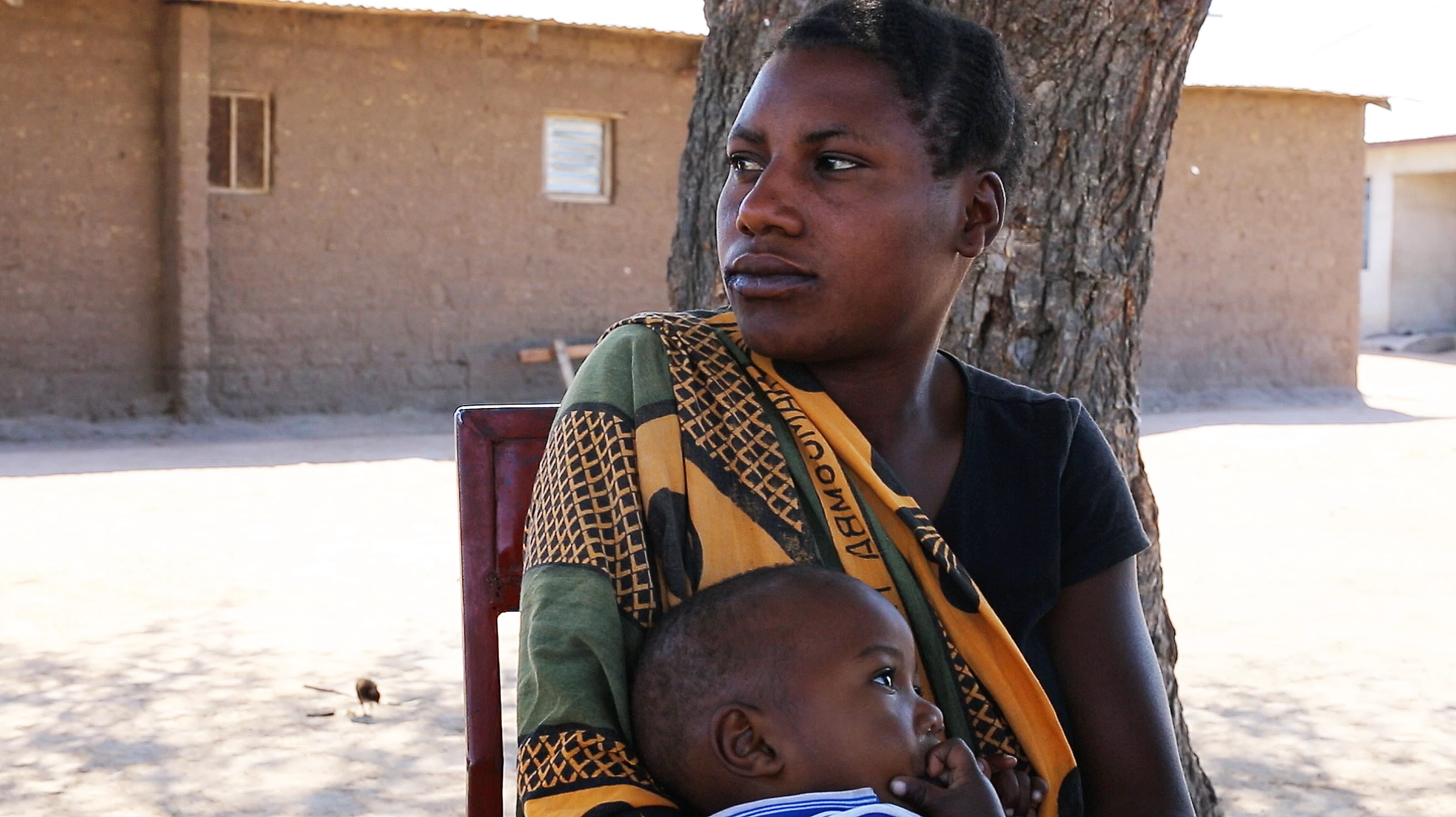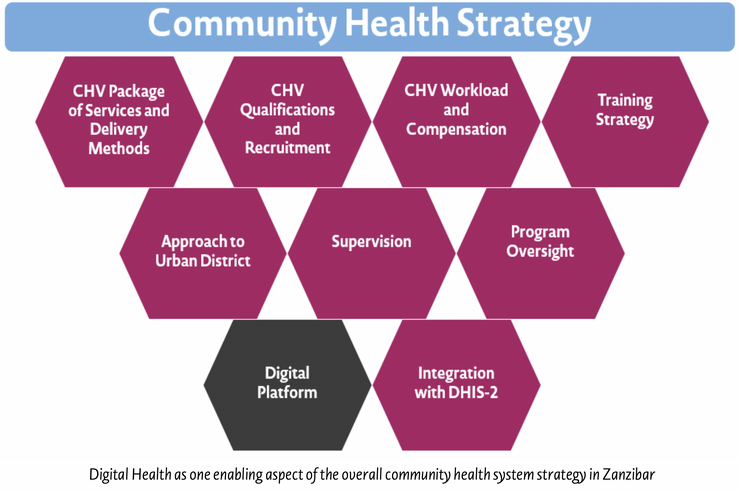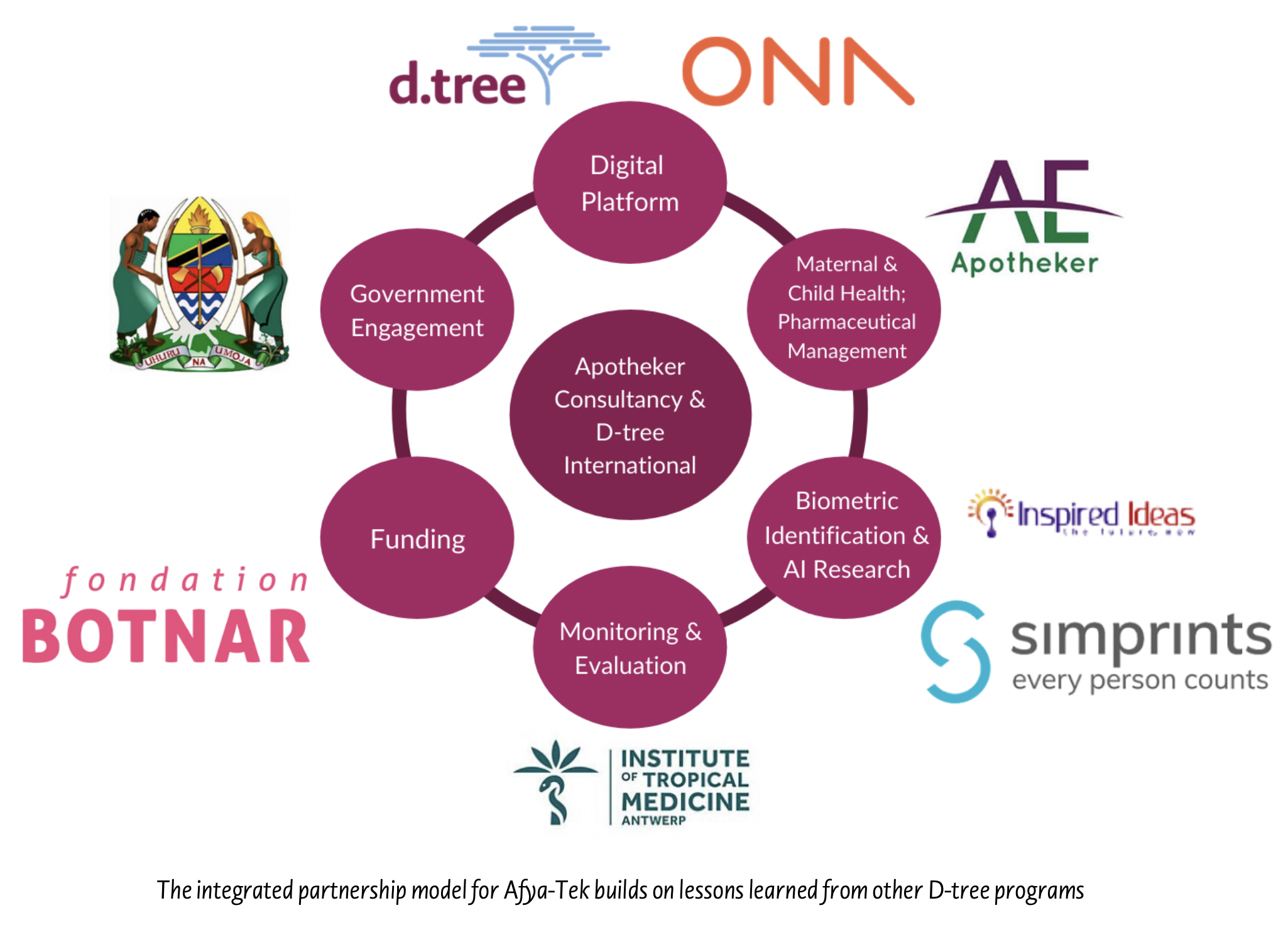This post is part of our ongoing Digital Spark series. Be sure to also check out the series introduction as well as the other posts in the series: setting digital health apart, health systems strengthening, data protection and privacy, and lessons from COVID-19.
To achieve their fullest potential and truly help transform health systems, digital health programs require collaboration and partnership at all stages of the intervention— from early inception and thinking about digital systems, to design and development, through to scaling and sustaining these partnerships to ensure the solutions are integrated into health systems at national scale. The most successful programs are those that are owned and led by government and involve a multidisciplinary team of partners providing diverse expertise in public health, health system strengthening, monitoring and evaluation as well as digital technology.
The 2019 Principles for Digital Development emphasize collaboration as the key principle that “brings all of the others together in practice,” enabling organizations to pool resources and expertise and work alongside government to transform health systems to improve service delivery, accountability, and the availability of quality, people-centered care for all citizens. Unfortunately, however, the field of digital health is still characterized by all-too-frequent fragmentation, duplication, and lack of collaboration leading to siloed interventions that never fully integrate into the health systems where they are deployed and consequently achieve only limited impact.
As one of the early innovators in the field, D-tree has evolved over the years to incorporate the guiding principle of collaboration into our core model. Stepping away from any single technology platform, we’ve built up a multidisciplinary team of public health professionals, technologists and systems thinkers to help us to ground our work in local health contexts and approach digital health holistically, with an equal footing in health and technology. In our programs, we play the dual roles of convener and enabler, helping governments to realize their visions of digital health transformation by (i) providing our own expertise, augmented by a diverse array of partnerships, and (ii) building their capacity to adopt and use these systems for long-term health impact.
Putting these principles into practice
In all of our programs, D-tree and our partners work closely with local and national government to set the vision for health system transformation. We have assembled a broad and diverse coalition of partners to work on different aspects of the programs, and together we ensure that the sum of our collective efforts is a solution aligned with the government’s vision and designed for adoption from the outset—thereby maximizing the potential for long-term health impact. In carrying out these programs and striving to continuously integrate best practices into our work, D-tree has learned several key lessons about the role of partnerships and collaboration in catalyzing health system transformation.
Partnership with government is the foundation for sustainable systems change
Involving, empowering, and building the capacity of government as the key decision-maker and partner from the outset is key to overcoming the disconnect that often limits digital systems from being sustainably adopted for long-term impact. The M-Mama program, which D-tree supports, is an example of a digital health program working in partnership with the government, in line with locally identified needs. This program has developed a digitally enabled emergency transport system leveraging ambulances and local taxi drivers to provide life-saving transport to mothers and babies during emergencies. Since 2015, program partners have worked closely with district, regional and national government stakeholders to design and pilot the system, making adaptations at every stage to better suit the local context. The program is now scaled to the full Shinyanga region in northwest Tanzania, supporting a population of more than 2 million people. Seeing how critical this service is for the population, the local government has increasingly committed funding to pay for transport and is taking on management of the program.

Digital health is one aspect of an integrated health system approach
Because digital health is no longer seen as a stand-alone innovation, but rather as an essential component of effective and equitable health systems, there is a need to approach digital health programs using a health systems lens. Seeing digital health in this way—as one of multiple levers of health systems transformation—requires a multidisciplinary approach that combines technology, public health, government engagement and health systems strengthening. While the required workstreams for each health intervention may vary, mapping out these various aspects of the health system change and the partners responsible for them is an important step to ensure the right coalition of partners is assembled from the outset of any program.
In Zanzibar, the Jamii ni Afya digital platform is one element in a multi-faceted community health strategy that touches on service delivery, infrastructure, human resources for health, and other considerations. Digital health is only one part of an integrated system helping to enable the other important aspects of the strategy, and the partners responsible for them, work better together.

We also support the DELPHICare initiative, a program in Zambia working to improve identification and management of pediatric HIV. Because the clinical guidelines for pediatric HIV are so complex, health workers often struggle to provide accurate and timely care, leading to unnecessary death among children living with HIV. To address this issue, the comprehensive digital system includes complex decision support logic to walk a primary healthcare worker through a visit with a mother and child, prompting relevant questions, pulling up previous lab values and measurements, and using algorithms to recommend relevant clinical action. This significantly simplifies what the health worker must memorize and allows her to focus on care of the patient while receiving clinical advice from the mobile app.
Meaningful collaboration can be the difference between a digital program being another well-intentioned, one-off solution and a transformative innovation that is adopted by government to have long-term positive health impact.
The collaboration in place to make this happen includes a consortium of partners, including medical doctors from the Zambian Ministry of Health, international pediatric HIV experts, technology partners and public health organizations within Zambia. In this initiative, D-tree plays a supporting role, helping to design and test the digital tool and supporting strategies to effectively implement and scale the system. Using our expertise in both public health and technology, we can span both of these fields and leverage our experience in digital health implementation to support the consortium to make this program a success and work to integrate it within the broader health system, which includes working with the government to think about how policies could include the DELPHICare system, and working to integrate the digital system into the government’s electronic medical record system, SmartCare. By working at these levels, we can begin to set the stage for this program to become an integrated and essential part of the Zambian health system.
Building internal capacity for managing diverse partnerships is essential
Health systems transformation is a complex and massive undertaking that requires multiple partners to cohesively work together behind an aligned vision. To implement the principle of collaboration when carrying out these complex programs requires a commitment to partnership beyond goal-setting and elaboration of scopes of work, though these are also important. Over the years, D-tree has developed a set of replicable partnership activities beginning with the assessment of the health system challenge and continuing through the life of the program.
The findings from the Afya-Tek program formative research carried out by D-tree’s program team, local partner Apotheker, and research partners Inspired Ideas and Institute of Tropical Medicine culminated in a design document outlining program requirements, constraints and key decisions. As our technology team developed the system, they were able to refer to this design document as a blueprint; and when our team worked with technology partners Ona and Simprints to better understand their respective platforms, the design document served to standardize the vision of the program and keep all partners oriented toward the same goal.
With these health system requirements as a foundation, D-tree is able to not only work at the intersection of program design and technology development, but to also continually facilitate regular reviews of the solution by consortium partners, donor, and government as it is being developed in order to ensure the continued feasibility and acceptance of the solution for the health context.

Similarly, in Zanzibar, we work on behalf of the Ministry of Health to augment our own expertise with that of diverse partners in pursuit of a common vision of health system transformation:
-
Medic Mobile (software and technology)
-
Harvard Data Science Initiative (evidence generation and research)
-
Little Sun (program hardware devices)
-
N/LAB (predictive analytics and machine learning)
As the program has evolved and the Ministry of Health has expressed interest in expanding the functionality and content of the system to support integrated child health service delivery, D-tree has played a similar role working with academic partners to conduct formative research using human centered design methods to understand the child health context in Zanzibar and use this research to inform design. Over the course of developing and testing the system, for example, we sought advice from Medic Mobile to better understand the platform, which allowed us to ensure the solution developed would be aligned with the needs of the health system, the community health volunteers using the solution, and the people they serve.
Digital health organizations must embrace partnership development and coordination as a continuous process running through each stage of the program…No one organization can carry out the complex work of health systems change alone.
Meaningful collaboration can be the difference between a digital program being another well-intentioned, one-off solution and a transformative innovation that is adopted by government to have long-term positive health impact. To achieve this, digital health organizations must embrace partnership development and coordination as a continuous process running through each stage of the program. This may require investing in systems and processes to manage collaborations at the organizational level, or at minimum building in a plan for collaborative activities from the outset of each program, including, where possible, working with government and local stakeholders to ground the solution in the local health system context. No one organization can carry out the complex work of health systems change alone. Embracing this core principle of digital development will help reduce fragmentation and ensure the field unlocks its fullest potential.
Photography by Kevin Ferguson.

